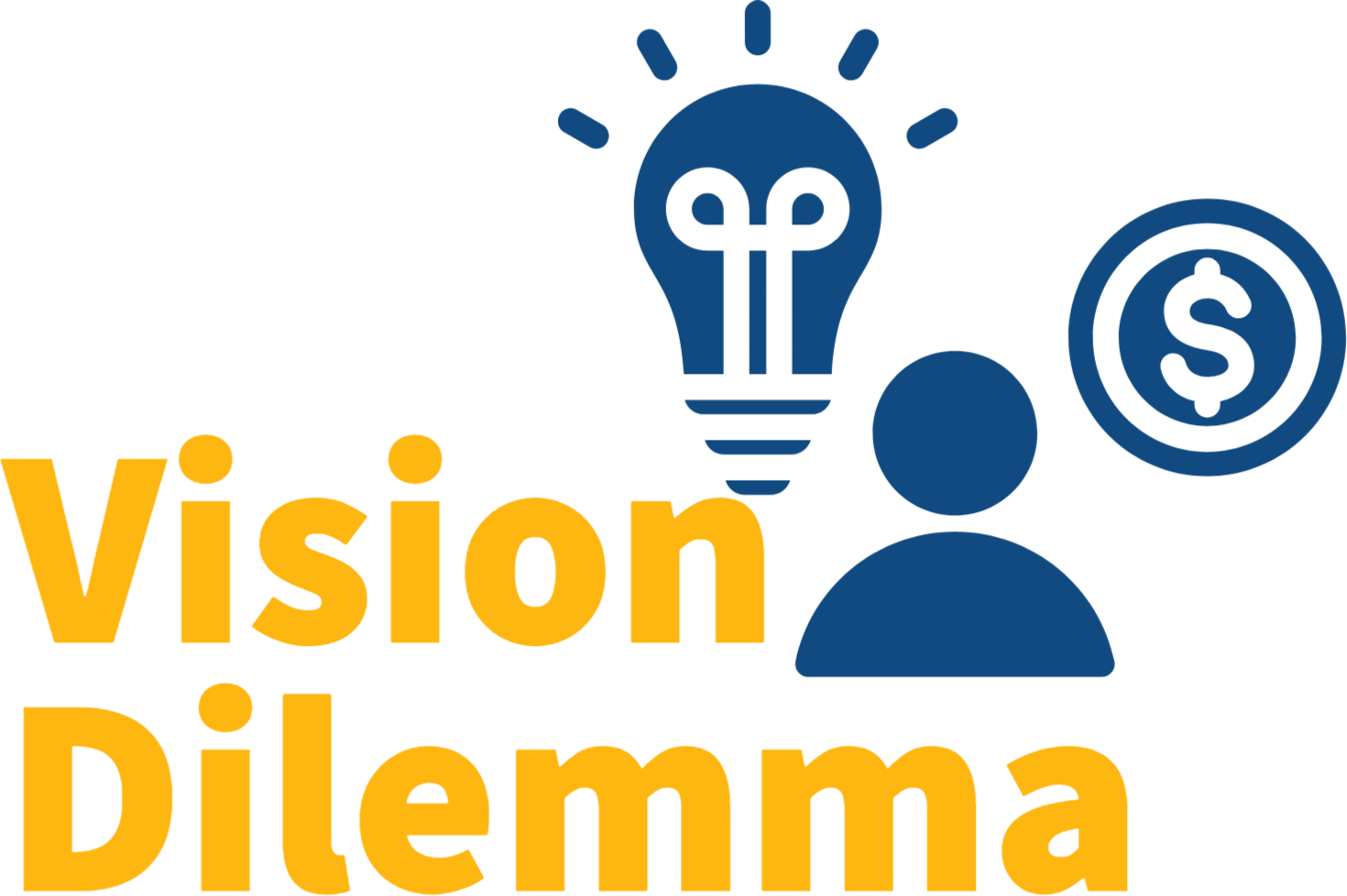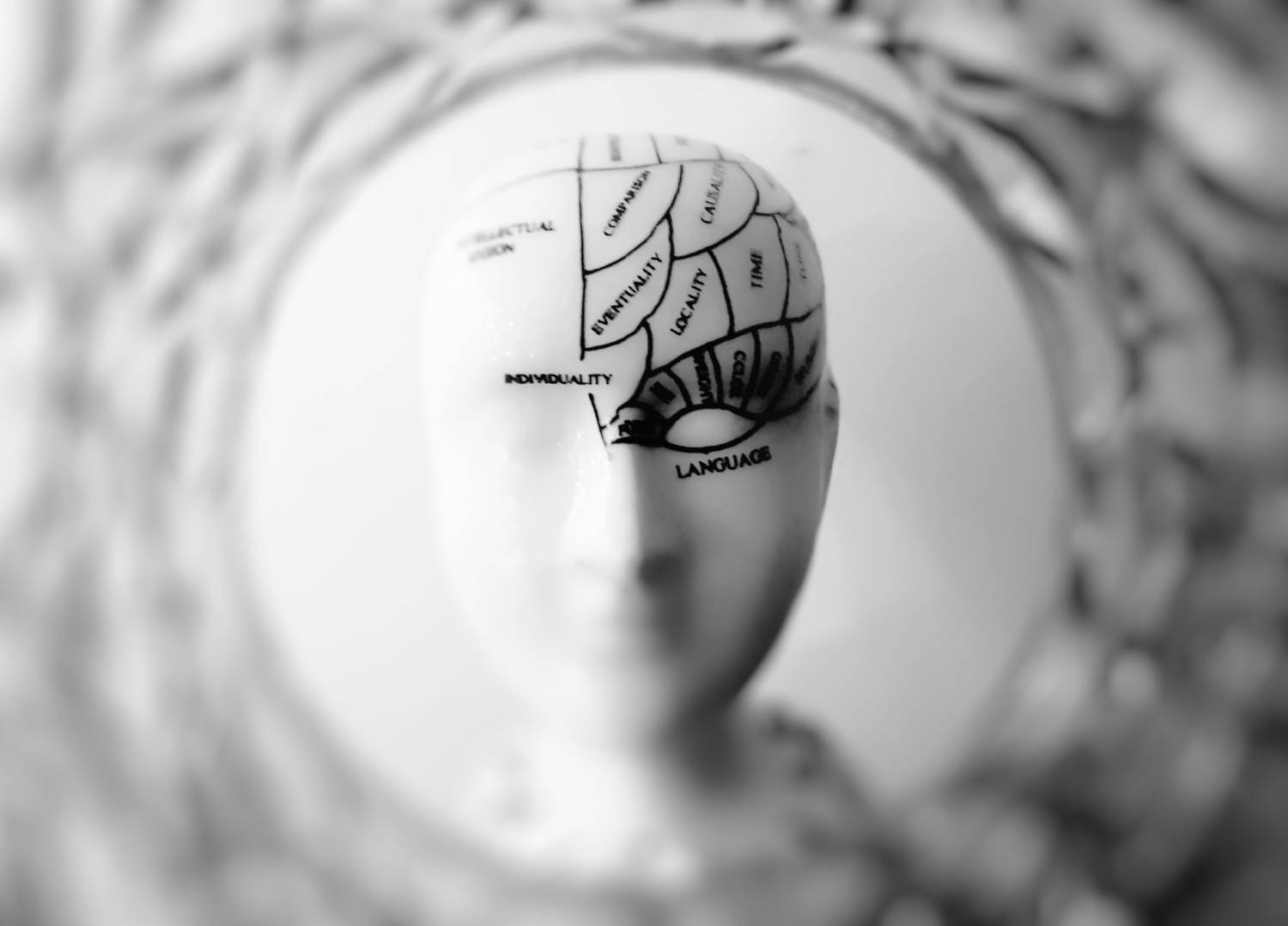As entrepreneurs, we are constantly making decisions that impact the success of our businesses. However, it’s important to recognize that our thought processes may not always be as rational as we think. Cognitive biases can get in the way of making sound decisions, leading us down the wrong path and potentially hindering our growth. This post explores some common cognitive biases and how they can impact entrepreneurs.
Confirmation Bias
Confirmation bias is the tendency to seek out information that confirms our pre-existing beliefs while ignoring evidence that contradicts them. Entrepreneurs may fall into this trap when looking for data to support a particular business strategy or idea. If we only seek out information that supports our beliefs, we may miss critical information that could help us make more informed decisions.
Hindsight Bias
Hindsight bias is the tendency to believe that an event was predictable after it has occurred. This can lead entrepreneurs to believe that they knew all along what was going to happen, which may cloud their judgment when making future decisions. For example, if a product launch is unsuccessful, an entrepreneur may convince themselves that they knew it was going to fail all along, rather than analyzing what went wrong and making adjustments for the future.
Overconfidence Bias
Overconfidence bias occurs when we believe that our abilities or judgments are greater than they actually are. This can lead entrepreneurs to take on risky ventures without properly assessing the potential outcomes. While confidence is essential for success, it’s important to balance it with a healthy dose of realism.
Anchoring Bias
Anchoring bias is the tendency to rely too heavily on the first piece of information we receive when making decisions. This can be particularly damaging when negotiating deals or setting prices. If we anchor ourselves to a particular number or offer, we may not be open to other possibilities that could be more beneficial. Here are a few helpful examples to help you better understand anchoring bias.
So, how can entrepreneurs combat these cognitive biases? Firstly, it’s important to recognize that they exist and actively work to avoid them. Entrepreneurs can seek out new information that challenges their beliefs and assumptions, analyze past decisions objectively, stay humble, and be open to new possibilities.
Cognitive biases can significantly impact the decision-making process for entrepreneurs. However, by being aware of these biases and consciously working to avoid them, entrepreneurs can make more informed decisions that drive the success of their businesses.




